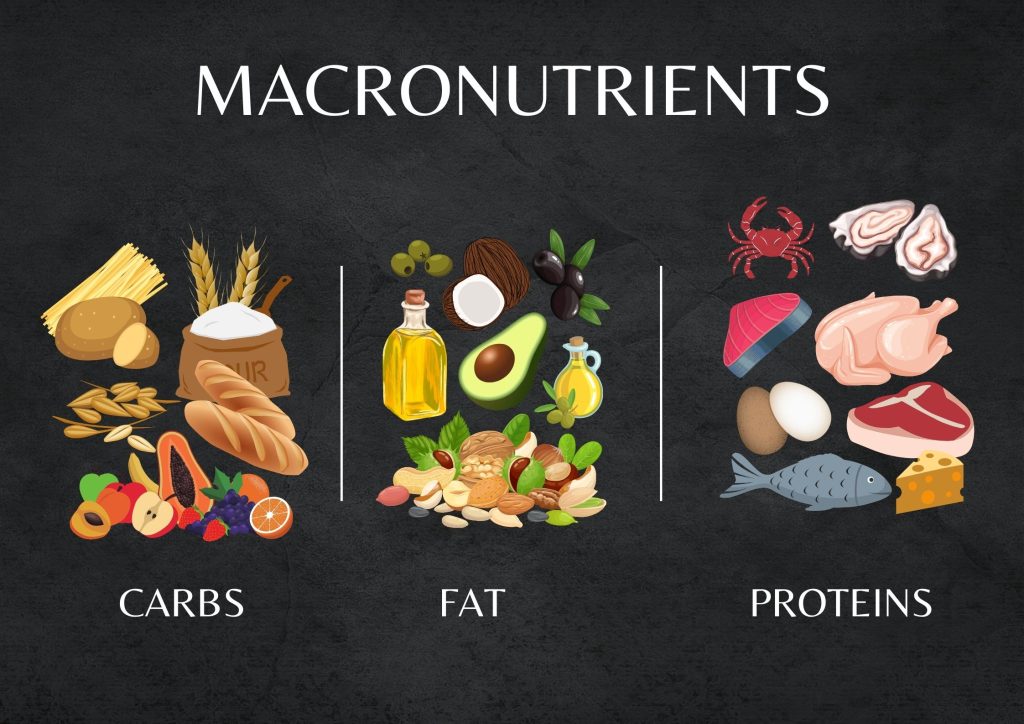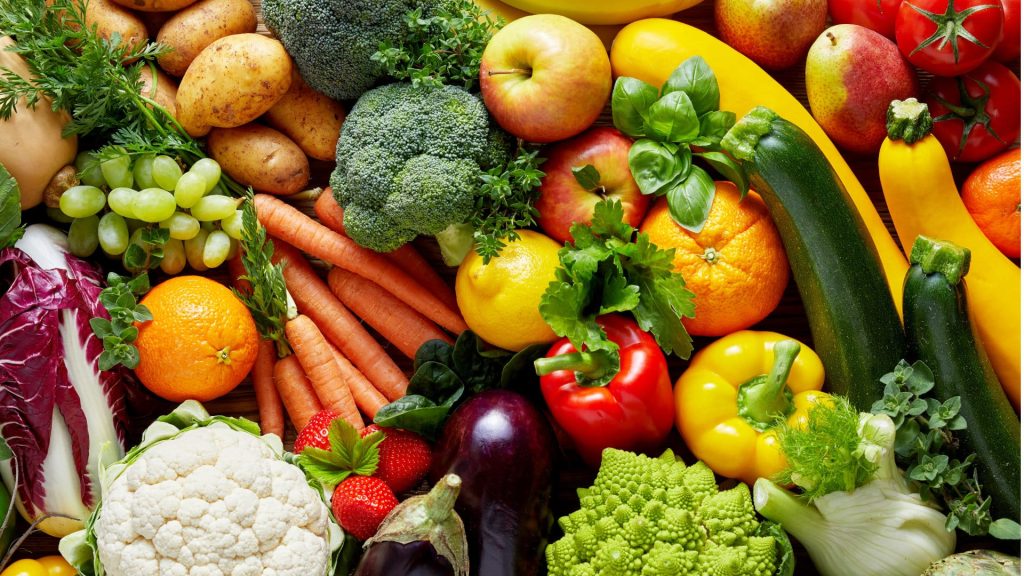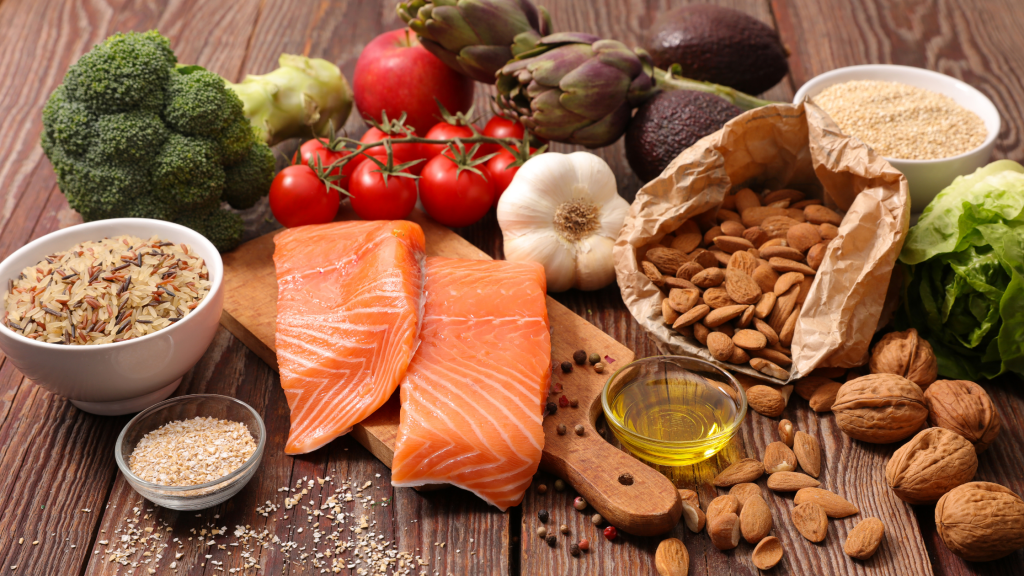5 Expert Tips on 24/7 Body Fueling for Maximum Results
Unlock the potential of your body by mastering the art of continuous fueling. In this guide, we unveil five expert tips on how to nourish your body around the clock, ensuring optimal performance and maximizing results.
The Power of Timely Nutrition: A 24-Hour Approach
ADVERTISEMENT

ADVERTISEMENT
1. Rise and Shine: Breakfast as Your Morning Fuel
a. Energizing Macronutrient Balance
Kickstart your day with a breakfast that incorporates a balance of essential macronutrients – proteins, carbohydrates, and healthy fats. This combination provides sustained energy, setting the tone for a productive and focused morning.
b. Hydration Habits
Don’t overlook the importance of hydration in the morning. Water is a fundamental component of effective nutrient absorption and digestion, aiding your body in utilizing the morning fuel efficiently.
2. Midday Mastery: Crafting Balanced Meals
a. Protein-Packed Lunch
Incorporate lean proteins into your midday meal for muscle repair and sustained energy. Opt for a variety of colorful vegetables and complex carbohydrates to ensure a well-rounded and nutritious lunch.
b. Snacking Strategies
Fueling your body between meals is crucial. Choose nutrient-dense snacks, such as fruits, nuts, or yogurt, to maintain steady blood sugar levels and avoid energy dips.
3. Evening Excellence: Dinner for Recovery
a. Lean Proteins and Fiber-Rich Choices
Dinner plays a vital role in recovery and preparing your body for rest. Include lean proteins and fiber-rich foods to aid digestion and provide a slow release of nutrients during the night.
b. Mindful Portion Control
Practice mindful eating by controlling portion sizes during dinner. This ensures you provide your body with the right amount of fuel without overloading it before bedtime.
Strategic Hydration for Peak Performance
ADVERTISEMENT

ADVERTISEMENT
1. Continuous Water Intake Throughout the Day
a. Hydration Alarms
Set reminders to drink water regularly throughout the day. Staying hydrated supports nutrient transport, temperature regulation, and overall bodily functions.
b. Infuse Flavor with Healthy Options
If plain water seems unappealing, infuse it with natural flavors. Add slices of citrus fruits, cucumber, or mint to encourage increased water consumption.
2. Performance-Boosting Beverages
a. Pre-Workout Hydration
Prioritize hydration before workouts to enhance performance. Consume water or electrolyte-rich beverages to ensure your body is primed for physical activity.
b. Post-Workout Recovery Drinks
After exercise, replenish electrolytes and aid muscle recovery with post-workout drinks containing a mix of carbohydrates and proteins.
A 24/7 Commitment to Optimal Performance
ADVERTISEMENT

ADVERTISEMENT
Elevate your fitness journey by adopting a 24-hour approach to fueling your body. Implement these expert tips, and witness the transformative impact on your energy levels, performance, and overall well-being. Remember, optimal results stem from a continuous commitment to providing your body with the right nutrients at the right times.
5 Expert Tips on 24/7 Body Fueling for Maximum Results Read More »

































